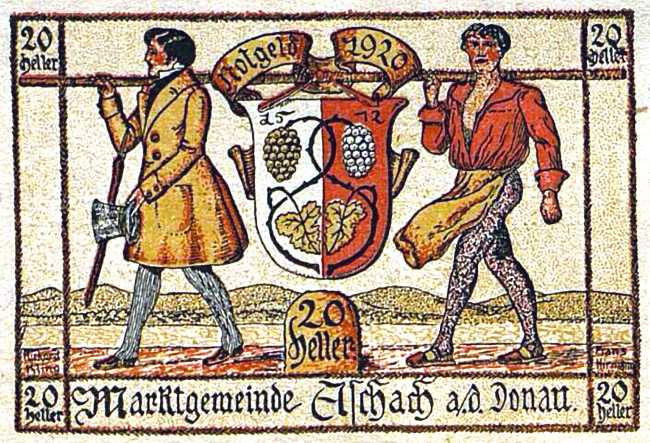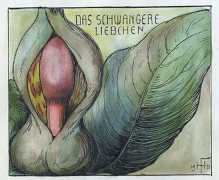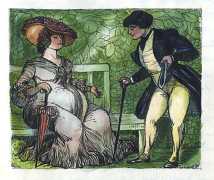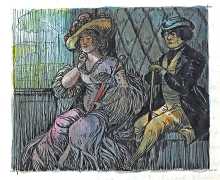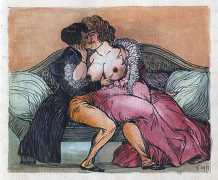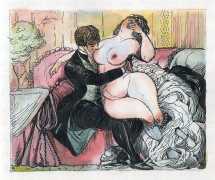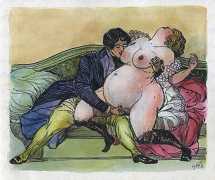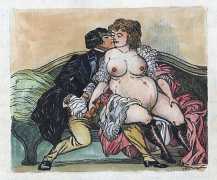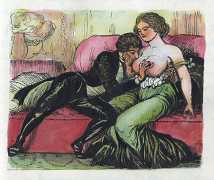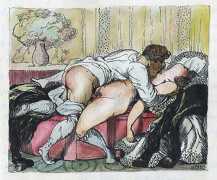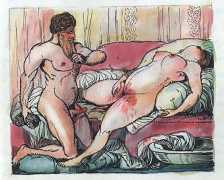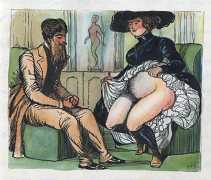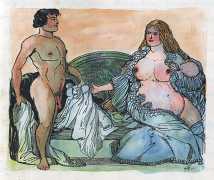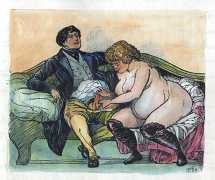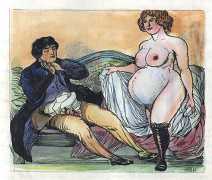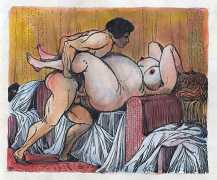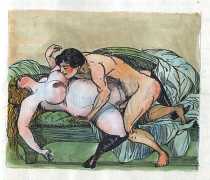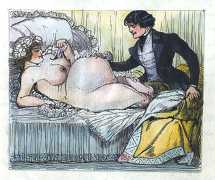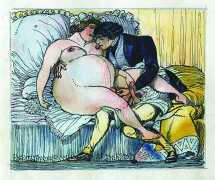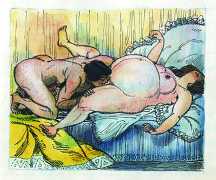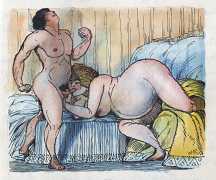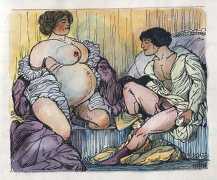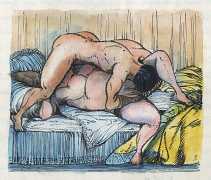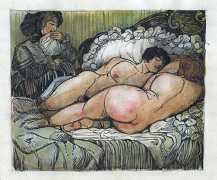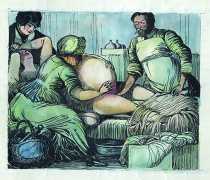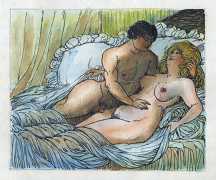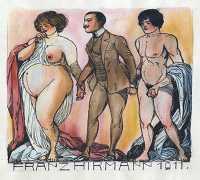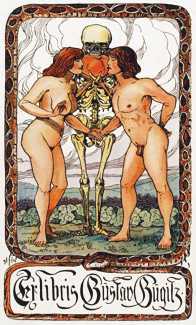
Franz Hirmann, more usually spelt Hiermann, spent his whole life in the small north-western Austrian town of Aschach an der Donau. His main job was an innkeeper, but he worked part-time throughout his life as a poet, local historian, journalist and painter. From a literary point of view he is a typical representative of Austrian interwar literature, as the boundaries between the individual literary genres blurred and merged; between 1913 and 1933 he wrote almost forty essays on local history, based on well-founded research, which were published in newspapers but never in book form.
He wrote numerous poems, though these were never published and were found after his death. After he had died, his patron Gustav Gugitz tried unsuccessfully to persuade the renowned Langen-Müller Verlag in Munich to publish the poems. Although the publisher praised the poems and was probably not averse to publishing them, they were never published.
Franz Hirmann was also a talented artist – he designed many signs and sculptures for his home town which were erected during his lifetime, but none have survived. Several bookplates of his have been identified, in addition to the unpublished erotic manuscript which ensures his appearance here. A street in Aschach is named after him.
